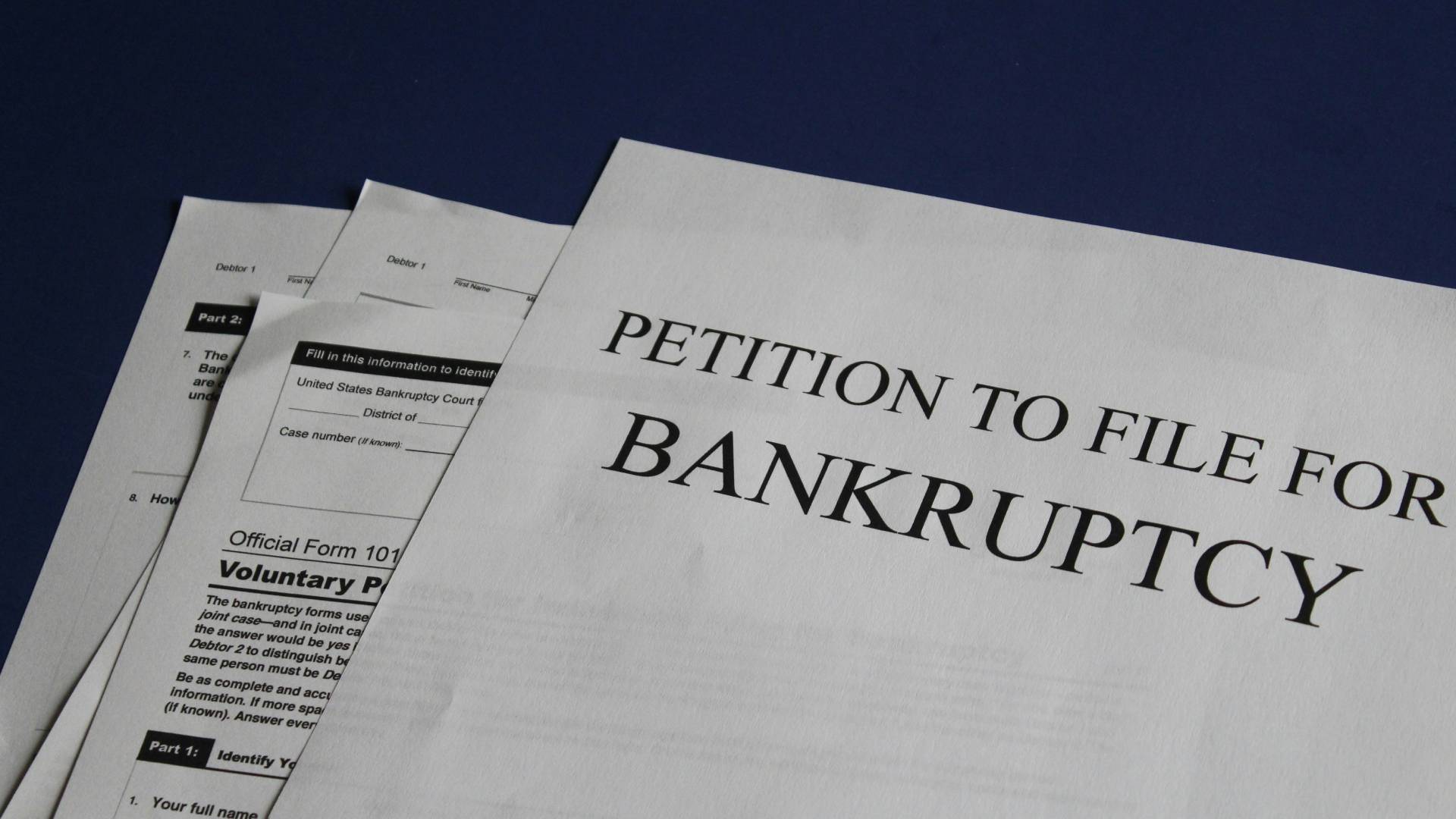What is indemnity?
In simple terms an indemnity is a form of contractual promise that seeks to provide for payment in the instance that a certain event or set of circumstances occur, which usually arises on a breach of contract. The purpose of an indemnity is to shift the risk of a potential breach on to the party providing the indemnity. These contractual promises will be outlined within the contract so it is clear as to when a breach will have occurred.
How does an indemnity work?
Indemnities work on a pound for pound basis and seek to provide the party subject to the breach with compensation in respect of the loss they have suffered. A key advantage of an indemnity is that it seeks to ensure repayment for the injured party in respect of those losses that may not ordinarily give rise to a claim in damages under a breach of warranty claim. Indemnities therefore provide an extra layer of protection. When considering indemnities in comparison to warranties, there is also no obligation imposed upon the injured party to mitigate their losses or to demonstrate that they have done so.
Another key advantage of an indemnity is that the limitation period for claiming for the loss incurred starts from the date on which the loss was actually suffered. Therefore, theoretically speaking, the limitation period is longer in comparison to the limitation period under a warranty claim which begins to run from the date of the breach itself. Although an indemnity appears to cover unlimited losses by its very nature, it is not the case that 100% of the total loss incurred will, in every circumstance, be recoverable. This is why the contractual wording is key to ensuring that as much as possible of the total loss incurred is recoverable. For example, ensuring that all legal costs incurred in bringing a breach of contract claim are recoverable under the indemnity clause. The clause itself will of course be interpreted in conjunction with the entire contract.
What should you do if you need more information about how an indemnity works?
Whether you are the party giving the indemnity or the receiver of this contractual promise it is key to ensure that you understand the mechanics of how an indemnity works. If you require legal assistance with regards to reviewing and understanding an indemnity clause that may be incorporated into a contract that you are a party to, or if you require us to draft an appropriate clause, then please do not hesitate to contact Christopher Buck, Associate Partner in our Commercial Services Department.
Disclaimer: The information provided on this blog is for general informational purposes only and is accurate as of the date of publication. It should not be construed as legal advice. Laws and regulations may change and the content may not reflect the most current legal developments. We recommend consulting with a qualified solicitor for specific legal guidance tailored to your situation.

Written by Christopher Buck
Associate Partner, Business Services at Franklins Solicitors LLP
Specialises in insolvency law for practitioners and funders, commercial contracts including IT and franchise agreements, dispute resolution through to High Court appeals and intellectual property including trademarks, copyright and confidential information.
Christopher Buck is an Associate Partner and Commercial Services Solicitor at Franklins Solicitors LLP. He joined the firm in 2005 after graduating from the University of Reading and the College of Law in Guildford, qualifying in 2007 and becoming an Associate Partner in 2012.
Christopher specialises in insolvency, commercial contracts, dispute resolution and intellectual property. He acts for clients across sectors including IT, manufacturing and recruitment and has notable experience in high-value insolvency litigation and complex contract negotiations. He also advises on IP enforcement, trademarks and e-commerce compliance.
Known for his attention to detail and pragmatic advice, Christopher is also involved in mentoring and recruitment at the firm, helping develop future legal talent.
Outside of work, Christopher enjoys music, supports MK Lightning ice hockey and spends time with his two children.






